‘Pahalgam attacks opened old wounds,’ say Australia’s Kashmiri Hindus
Australia’s Kashmiri Hindus say they long for peace and despise war, with April’s terror attack having reopened wounds for the diaspora who had fled the region.

Australia’s Kashmiri Hindus say they long for peace and despise war, but they back measures to secure the safety of the violence-riddled region, saying a recent terror attack reopened wounds for the diaspora that had fled the region.
On Sunday, India and Pakistan accused each other of “violations” hours after the two nations said they had agreed to a ceasefire following days of cross-border military strikes, instigated after a deadly terrorist attack in Pahalgam in April.
Australia’s Hindu leaders have called for “unity and peace at home”, pleading that the attack and conflict did not induce violence domestically.
Kashmiri Hindus have said April’s attack – where a group of militants killed 26 people, with survivors saying the attackers singled out Hindu men – reopened the tight-knit community’s scars.
“When these kinds of (attacks) happen, everything becomes very raw,” said Sydney-based Anjali Bangroo Srivastava, who was born and raised in Kashmir before fleeing during the 1990 violence and exodus of the region’s Hindus when she was 17 years old.
She migrated to Sydney with her family almost a decade ago.
“It is like I’m getting wounded all over again,” Ms Srivastava said, recounting the targeting of Kashmiri Hindus and her family being told to either flee or renounce their religion, adding her parents were especially targeted given their then-store sold alcohol.
“That (the reopening of scars) is what happened with the Pahalgam attacks – when I heard the news, I was devastated,” she said, adding she “couldn’t sleep” in its aftermath.
“Especially with how (the militants) killed and targeted people, this is exactly what I saw when I left Kashmir – it took me back to the 1990s.”
Ms Srivastava said Sydney’s “very strong” Kashmiri Hindu community totalled more than 150 families. “We all met the next day … because if not, you’re dealing with emotions alone and it becomes more difficult,” she said. “Other people, not only from Kashmir, supported us and said ‘We are here with you’ – that made a difference.”
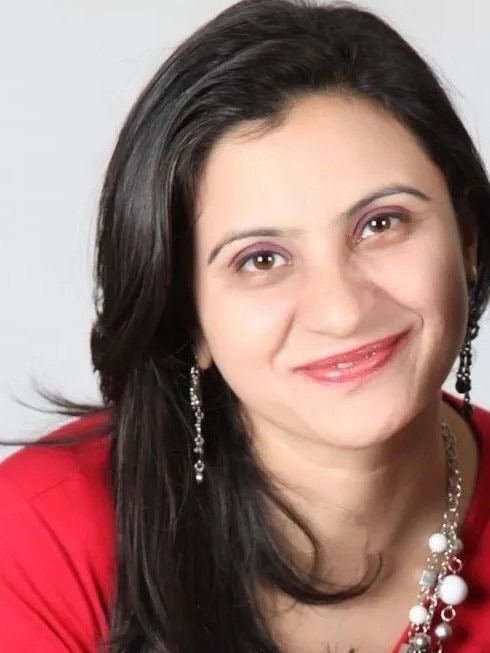
Ms Srivastava said she was against war but questioned how long the region’s Hindus would suffer amid the likelihood of future attacks, backing India’s military attempts and calling it akin to protecting oneself if attacked.
The leaders of the Hindu Council of Australia said the diaspora was in “mourning” and April’s attack struck at the community’s heart.
“This grief knows no borders – this was not just an attack on individuals, it was an assault on faith, humanity, and peace-loving Hindus worldwide,” the council’s vice-president, Surinder Jain, said, adding that members of Australia’s Indian community had lost relatives in the attack.
“It’s part of a long, troubling pattern – this was not the first attempt at Hindu genocide in Kashmir, but one in a series of violent efforts to erase the Hindu presence. Terrorism is not just India’s problem – it is a threat to democracies and civil societies worldwide.”
The council’s president, Sai Paravastu, said the attack and violence cut to the heart of the diaspora. “There are families here in Australia who received phone calls they will never forget,’ he said. “The pain has travelled thousands of kilometres – it is raw and real.”
Mr Paravastu criticised media reporting of the attacks and urged for a greater focus on the plight of the Kashmiri Hindus, urging vigilance against “ideological patterns” and efforts to safeguard social harmony. “If we remain silent when terror is normalised elsewhere, it sends a dangerous message,” he said.
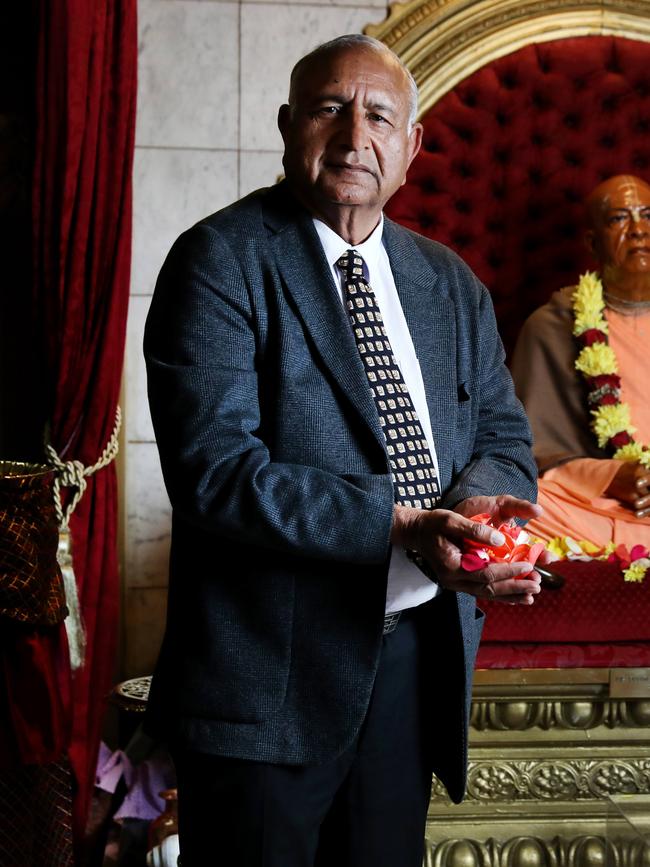
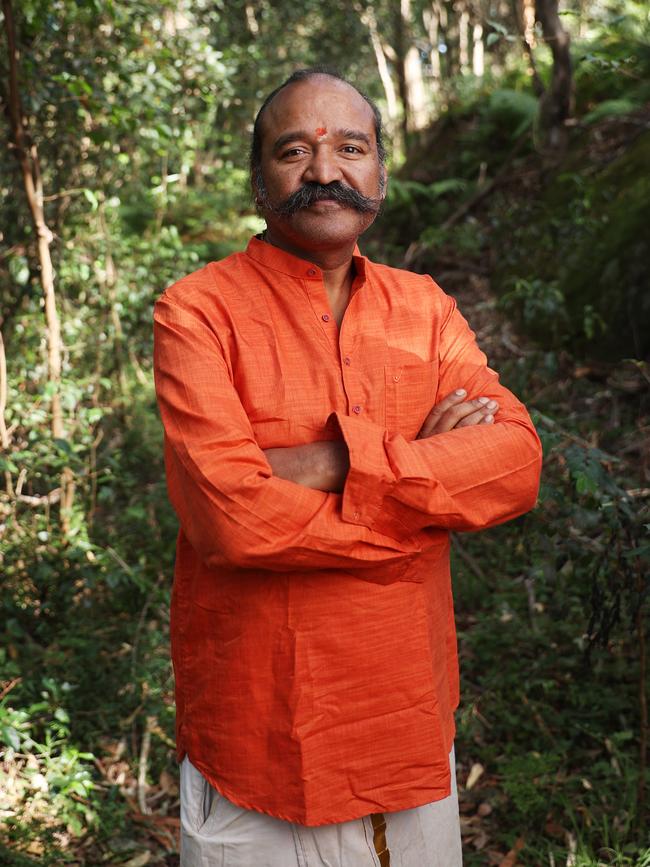
Faith NSW chief executive Murray Norman – the organisation is a coalition of the state’s faiths – urged harmony, saying the attacks didn’t solely strike those in Kashmir.
“This is not just a regional conflict,” he said.
“Terrorism of this kind is a global death cult – it thrives in deception, celebrates violence, and threatens people who value life, freedom, and faith.”
The fighting between India and Pakistan has been the worst military confrontation between the two rivals in decades, and started when India struck targets in Pakistan and Pakistan-administered Kashmir in response to the deadly Pahalgam militant attack. Pakistan denies any involvement.
India and Pakistan said they had agreed on a full and immediate ceasefire, but hours later residents in Indian-administered Kashmir reported hearing explosions and seeing flashes in the sky.
The Pahalgam attack killed 26 people, with both India and Pakistan reporting deaths in the ensuing military responses.


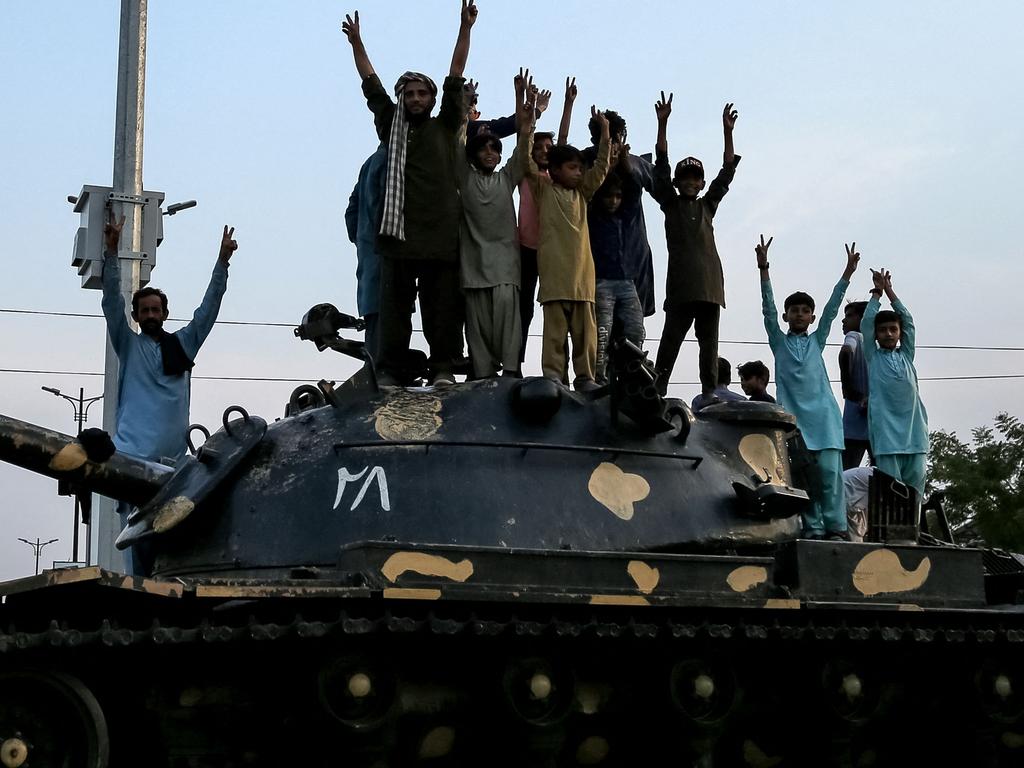
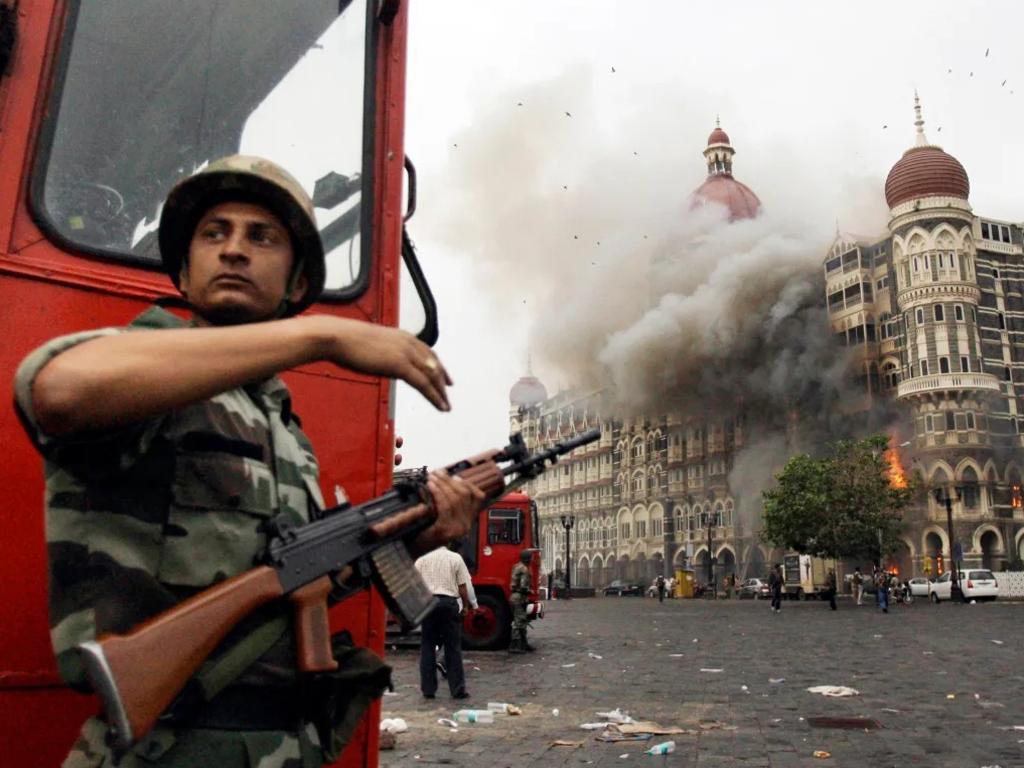
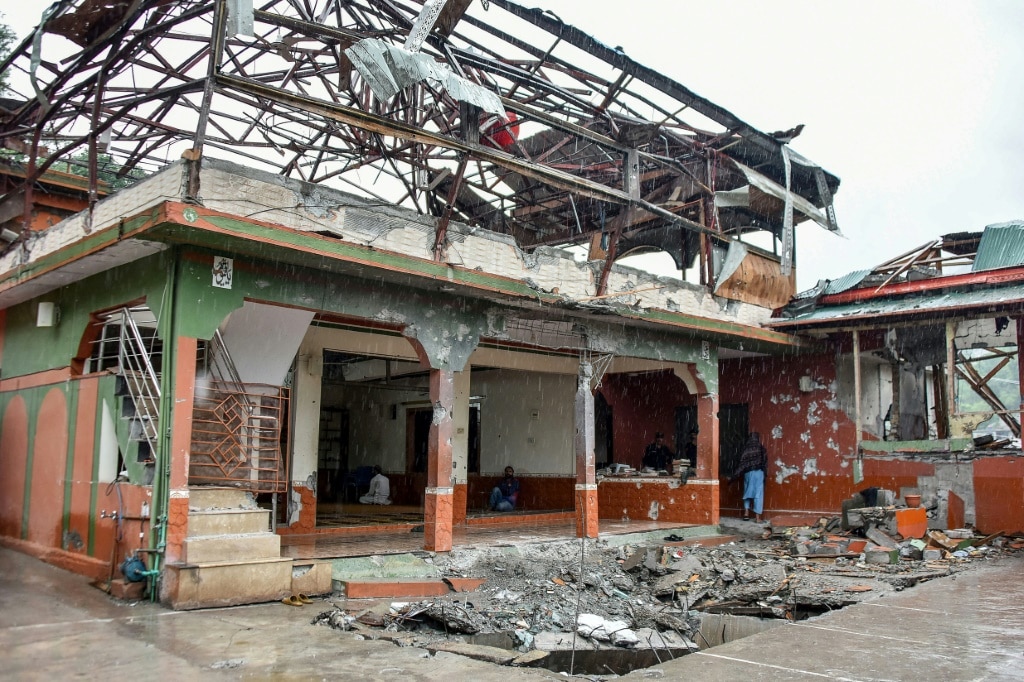
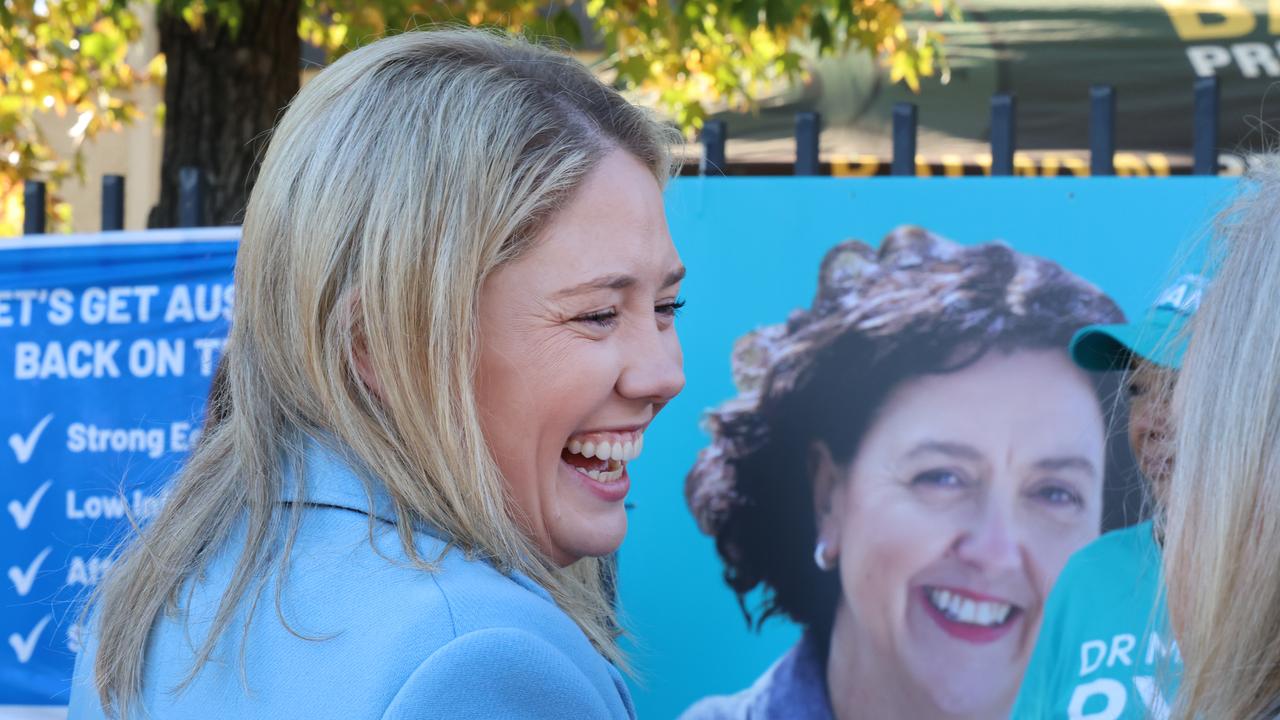
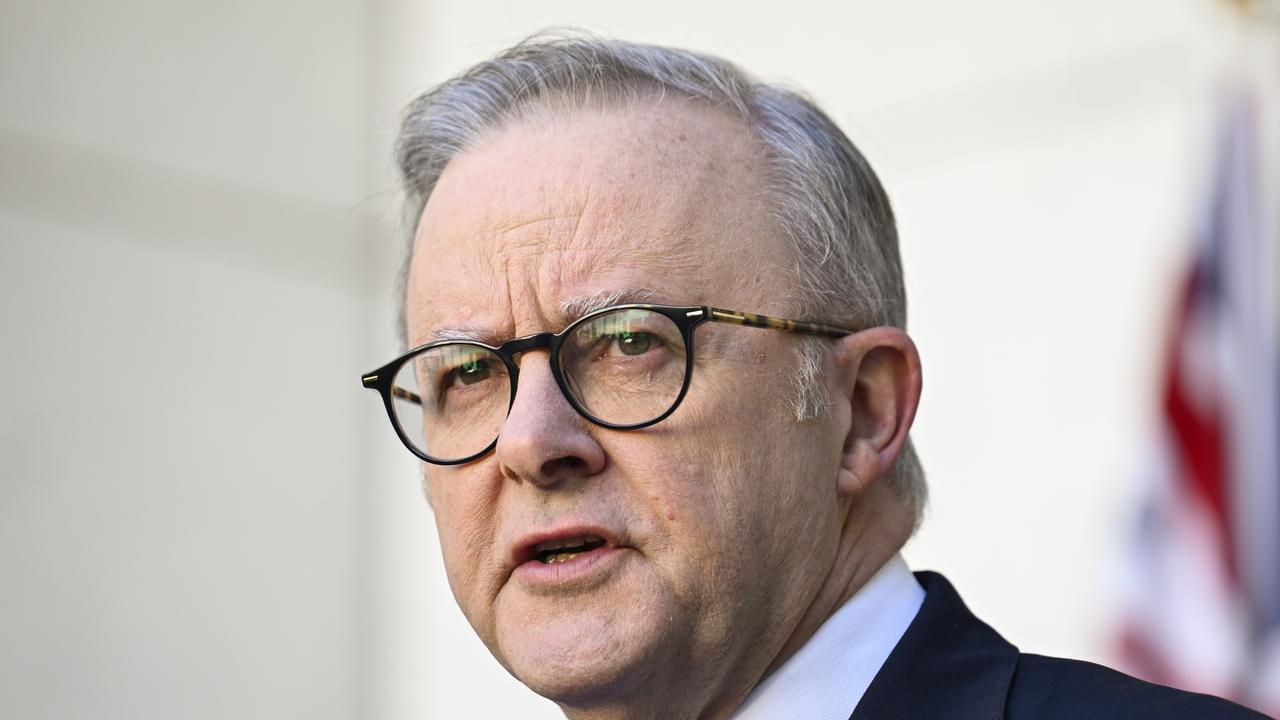
To join the conversation, please log in. Don't have an account? Register
Join the conversation, you are commenting as Logout